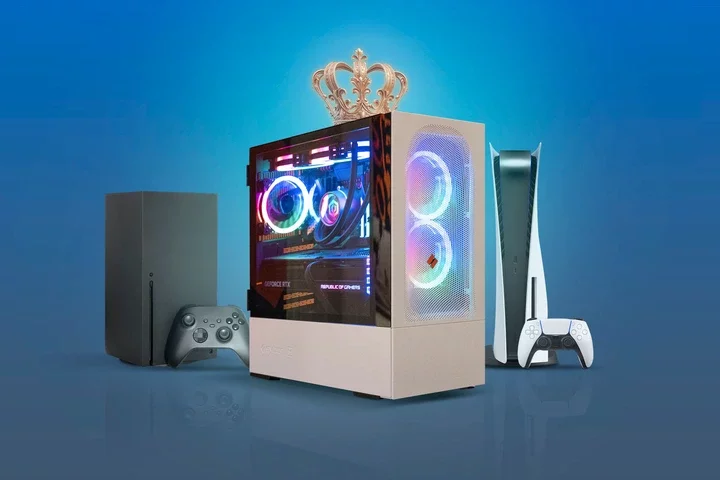
The cards have been dealt, the hands have been played, and everyone won, in a way. There are still a couple of battles to be had, and the dust is still settling, but the console wars are over. Everyone walked away with spoils, but some coffers are fuller than others.
PC Walked Away With the Best Spoils of War
Arguably, and surprisingly even to myself, a lifetime PC gamer, the PC as a gaming platform is the biggest winner of the console wars.
I remember the mid-aughts when the PC was considered a second-class citizen of the gaming realm. Back then, the PC was a realm of busted, tardy ports of console titles that ran poorly and raked in much less cash than console versions.
A bunch of games never even saw the light of day on PC. Mostly racing and sports games, but also many JRPGs and third-person action adventures.
Piracy and poor sales were the two catch-all reasons why most console exclusives skipped the PC back then. But the intervening years proved that Valve's Gabe Newell was right. Piracy is indeed a service problem, and not a pricing problem.
The advent of Steam, the explosion of the indie game culture (which, ironically, took its baby steps on the Xbox Live Arcade store), along with a few other factors such as free online play, the rise of the streaming subculture, and PC components getting more affordable, caused the PC to transform from a relatively niche gaming platform into a juggernaut that rakes in more cash than Xbox, Switch, or PlayStation.
Nowadays, the PC is arguably the most popular gaming platform and the biggest winner of the console wars.
Xbox exclusives have been releasing day one on PC for almost a decade. PC Game Pass launched just a few years after the service debuted on Xbox, and starting with Horizon Zero Dawn in 2020, virtually every PlayStation 5 exclusive found its way to the PC. Not as day one releases, but still, seeing once-coveted PlayStation exclusives landing on PC one after another was something teen me would consider impossible back in the mid-aughts.
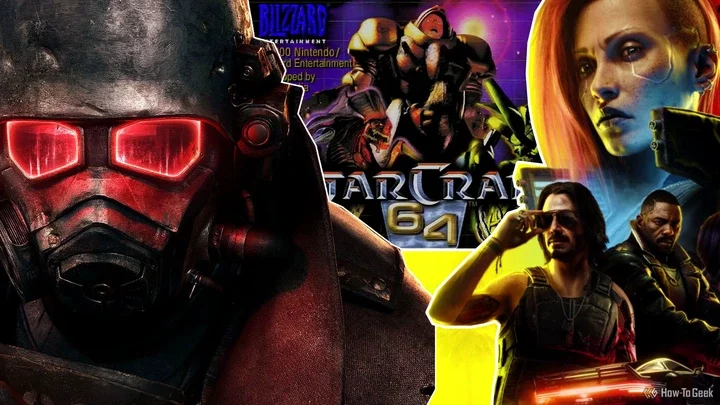
Though some games are best played exclusively on consoles, there are undoubtedly certain games that you should only play on PC and avoid on consoles.
Yes, I know that Helldivers and Everybody's Gone to the Rapture preceded Horizon Zero Dawn, but the latter was the first PlayStation heavy hitter to make the PC its second home.
I remember reading Gamespot's Yakuza 3 review in 2010 and thinking, "Man, I can't wait to finish college and start earning money, so I can buy a PlayStation 3 and play this," only to play Yakuza 0 on my gaming PC less than a decade later.
Aside from having the Xbox and PlayStation exclusives and PC Game Pass trifecta, the PC is also the best gaming platform out there for multiplayer-inclined gamers.
Online play is free, and except for Gran Turismo 7, every major multiplayer title is available on the platform. There's still a serious issue of online cheaters, most of whom call PC their home, but other than that, the PC is where it's at if you prefer to play with or against other people.
Multitudes of online stores, droves of legit key reseller sites (if you're a PC gamer, check isthereanydeal if you haven't already), and frequent Steam sales that often offer better savings than sales on console storefronts make the PC the go-to option for the best game deals.
PC gamers can buy and play most multi-platform games released over the last couple of decades, and enjoy classic games thanks to platforms like GoG. In other words, the PC is not only the most affordable gaming platform, games-wise, but also the platform boasting by far the biggest game library.
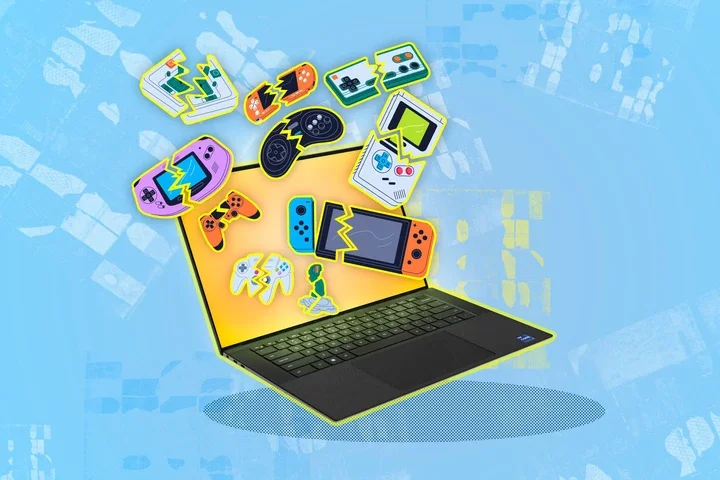
Let's also not forget emulators, allowing you to play the majority of console exclusives released up to the PS4 era, including Nintendo Switch exclusives.
Not everything is great in the PC land. Aside from online cheaters, I have to admit that building a high-end gaming PC was never costlier than it is today. Worse still, graphics cards are getting more expensive by the year and, due to the surge of compute-heavy AI models and rising chip manufacturing costs, this trend won't die down anytime soon.
PC gamers also can't purchase physical games, the last bastion of console gaming. It's great that console gamers can still game on the cheap, funding new purchases by selling their old discs, and still be able to build physical game collections. But the walls of the physical game fortress are eroding at an alarming rate.
I wouldn't be surprised if disc drives become optional add-ons with the launch of the next generation of consoles. Heck, I'm willing to bet that Microsoft will eliminate them completely on the next-gen Xbox.
On the flip side, you can build a gaming PC that offers a console-equivalent or better gaming experience for a slight premium compared to what you'd pay for a PlayStation 5 or an Xbox Series X. Consoles aren't immune to rising manufacturing costs either. This is the first console generation where the hardware is getting pricier, not cheaper, over time, but it won't be the last.
All in all, the PC is the biggest winner of the gaming console wars. PC gaming is even getting big in Japan, a country where consoles have dominated the charts forever, showing that no market is immune to the lure of PC gaming.
Sony, Nintendo, and Microsoft Also Won, in a Way
With all that said, the PC isn't the only winner. I'd argue that even Microsoft and Xbox can be considered winners here, even though they were decimated hardware sales-wise. But I'm getting ahead of myself.
I'd like to start with Sony and PlayStation, which snagged the silver medal. The PlayStation 5 has become the default choice for every "high-end" console gamer out there, thanks to Microsoft's raft of bad moves that started with that infamous E3 2013 press conference, and ended with the decision to bring Xbox games to PlayStation and the recent price increases of every Xbox console.
Aided by a slew of excellent-although a bit too safe-exclusives and the domination of the PS4, the PlayStation 5 is the machine to get if you have a limited budget and want access to the biggest game library. This is especially true if you're already locked into the PlayStation ecosystem due to backward compatibility, a grip that will only tighten over time.
Games-wise, you've got PlayStation exclusives, a good chunk of indie titles available on other platforms, virtually every multiplatform triple-A game, and a solid alternative to Game Pass in the form of the PlayStation Plus Extra and Deluxe tiers.
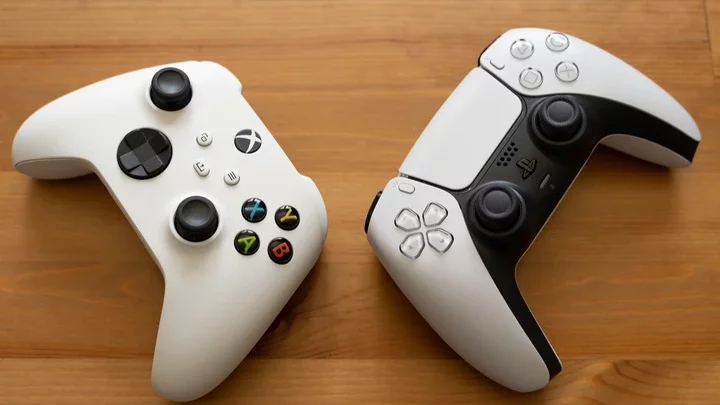
Related
Sony is relaunching PlayStation Plus with new tiers to rival Microsoft's Game Pass, but how do the two services stack up?
PlayStation owners also have access to Xbox Game Studios games that include everything from the latest Doom to Bethesda RPGs (the lack of Starfield's not a big deal if you ask me) to Forza Horizon 5. Soon, they'll also get their first Gears of War title, and it's only a matter of time before Microsoft announces The Master Chief Collection for PlayStation 5.
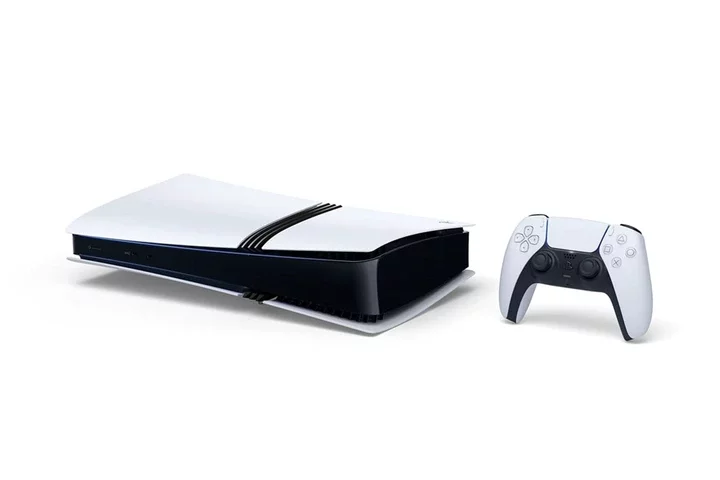
Sony PlayStation 5 Pro (PS5 Pro)
The Sony PlayStation 5 Pro lets you play PS5 games with the most impressive visual performance yet.
Unfortunately PS5 triple-A games that are pricier than ever, the platform has relatively poor discounts compared to the sales on PC storefronts, and the cost of entry that's getting higher over time instead of the other way around.
The looming end of the physical game era is another issue that won't rear its ugly head during this generation. However, once PlayStation 6 arrives, gamers who prefer buying physical games might be in a pickle.
Then we have Nintendo, which hit one of the biggest gold veins ever in gaming with the Switch. I'd say that Nintendo has also won the silver medal, although there's an argument here that the company deserves to share the gold medal with the PC.
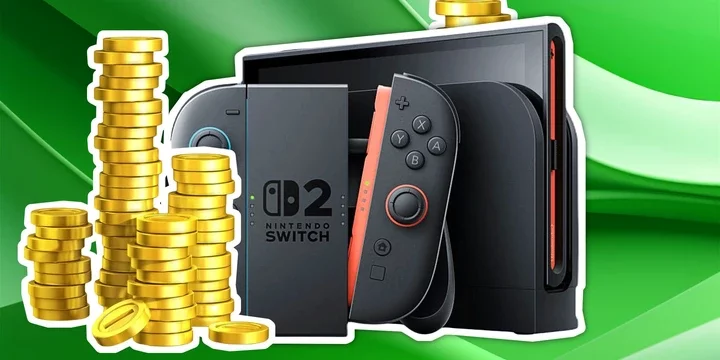
Nintendo itself is well aware of this since the company didn't embellish their new console with a new, unique name for the first time ever, instead simply going with the number 2. You don't want to repeat the Wii U fiasco if you're Nintendo, especially because the Switch is on the way to becoming the best-selling gaming console ever. You want to ride the Switch wave as long as possible.
The hybrid nature of the Switch struck a chord with gamers across every cohort. Combined with affordable pricing, a varied game library, the best selection of indie games outside the PC, and one of the best first-party exclusive offerings ever, the Switch concludes its run as a global phenomenon.
It might have been considered "the secondary console" during most of its lifetime, but its secondary nature didn't prevent it from selling more units than PlayStation 5 and Xbox Series consoles combined.
Nintendo carved itself a pretty comfortable (and lucrative) niche. Thanks to backward compatibility, the Switch 2 might become a runaway success, as long as gamers accept the inevitable price increase of Nintendo's first-party offerings.

Pricier games are easier to swallow on PC, PlayStation, and Xbox since you can buy said games at half price after a year or so; all you have to do is be patient and follow sales.
But since first-party Switch titles rarely go on sale, selling at full price during the whole lifetime of the console, it remains to be seen whether Nintendo will successfully pull off the $80 price point for its first-party Switch 2 games.
There's also the issue with the Switch 2 pricing. The original Switch sold like hotcakes because it was the most affordable option on the market, especially the Lite version. However, with the starting price of $450 and a new reality where consoles get costlier instead of dropping in price over their lifetime, the Switch 2 faces an uphill battle against other consoles and PCs, as well as against its predecessor.
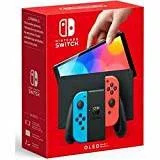
Lastly, we have Xbox and Microsoft. Xbox shot itself in the foot back in June 2013, and while the company has pulled the right moves since, it entered 2025 as, hands down, the least popular console on the market.
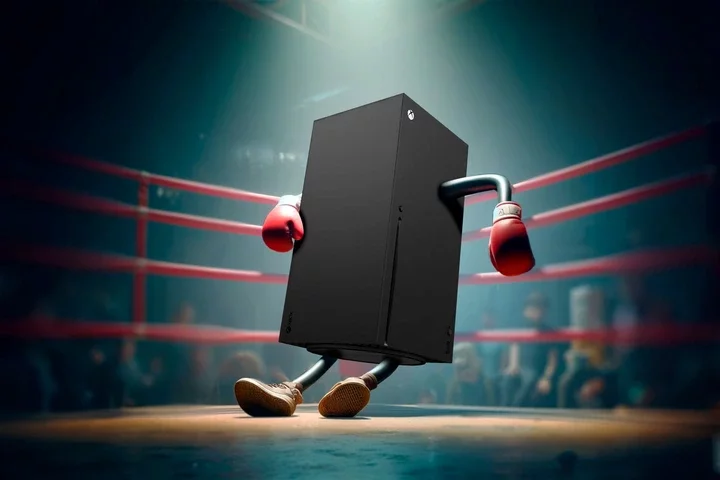
Buying studios left and right didn't result in gamers flocking to Xbox, so Microsoft abandoned console exclusivity in favor of going multiplatform. All those gigantic investments need to start paying off, after all.
While the Series S has seen some success due to its affordable "Game Pass machine" nature, the recent price hike, coupled with poor performance, makes it hard to recommend at the moment. Sure, Xbox Game Pass still offers tons of value, but the service isn't for everyone. Also, while still a great value, Xbox Game Pass is only a few price surges away from becoming too expensive for many subscribers.
On the other hand, Microsoft has a chance to become by far the biggest and most profitable game publisher in history. This isn't Sega, this is a trillion-dollar juggernaut that holds tons of massively popular IPs capable of raking in billions of dollars each year.
Entering the lucrative PlayStation market might be the best thing Microsoft has done in the gaming space since the Xbox 360 glory days. I'm certain we're going to see a bunch of Microsoft games on the Switch 2 as well, because Microsoft's portfolio includes lots of games that will feel at home on the Switch 2.
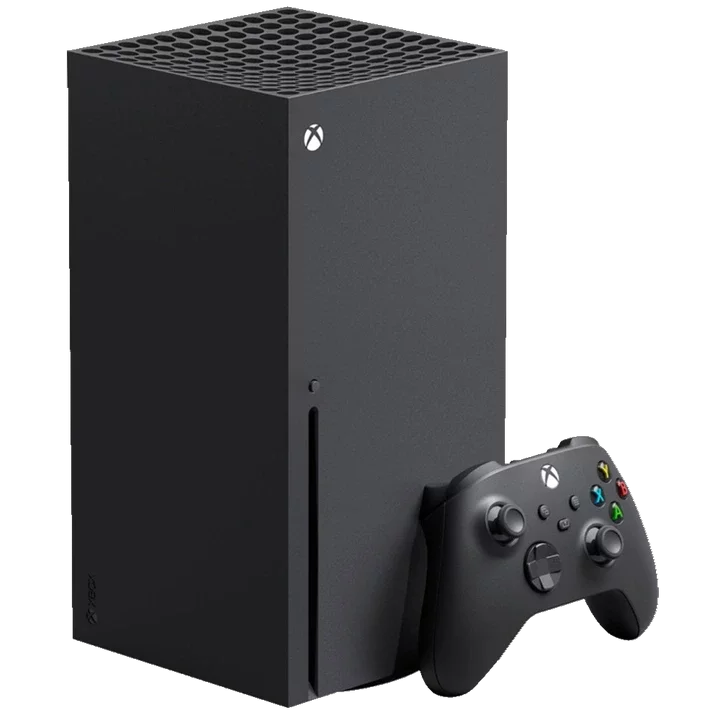
Xbox Series X
The Series X is the most powerful current-generation console and offers access to Microsoft Game Pass for a large library of subscription games out of the box. It also doubles as a UHD Blu-Ray player!
All Microsoft has to do is continue releasing great games (their recent track record is kind of impressive), and their multiplatform game publishing approach will make up for lost console sales and then some. We also shouldn't ignore cloud gaming, a market Microsoft is betting heavily on, which could turn into a major source of income in the future.

Xbox Series S
While not as powerful as the Series X, it's incredible the Xbox Series S can still run the same library of next-gen titles. If you aren't interested in running games at 4K, you can save a lot opting for the Series S instead.
If the company plays its cards right and, as rumored, opens up the next Xbox to Steam and other PC storefronts, prices the console accordingly, and makes it a better value than your average budget PC, the next-gen Xbox could become the go-to option for budget-conscious gamers.
The War May Be Over, but Another Battle Is Heating Up
The war's over, but there's one battle to be had. You've guessed it, I'm talking about handhelds.
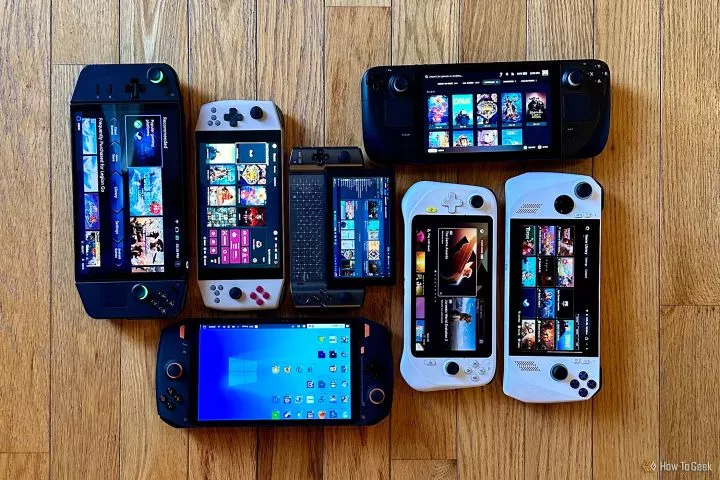
From left to right: Lenovo Legion Go, AYANEO 2021 Pro, Valve Steam Deck, GPD Win3, Logitech G Cloud, Asus ROG Ally, OneXPlayer 1
While considered moribund a decade ago, handhelds are bigger than ever. The Switch opened the floodgates, and PC handhelds followed in its wake. The current market is dominated by the Switch, and while Steam Deck and the gang are still a niche, they've been steadily growing in popularity.
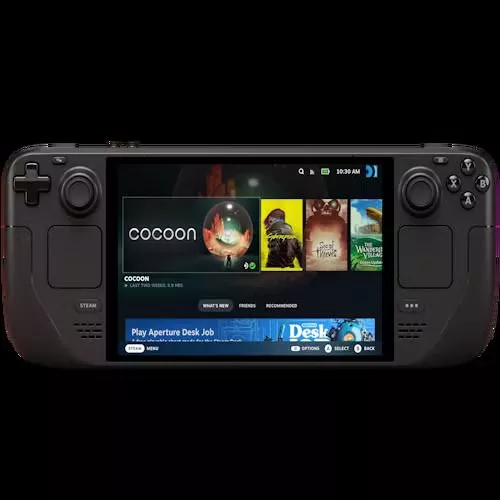
Steam Deck OLED
Elevate your gaming experience with the Steam Deck OLED. Immerse yourself in stunning visuals on the vibrant OLED display, while enjoying powerful performance and portability.
In fact, handhelds have become such a lucrative market that both Microsoft and Sony are believed to be working on their own handhelds. I still believe that handhelds are the future of gaming, and I can't wait to see what Microsoft and Sony are cooking.
The main obstacle here is cramming enough gaming performance inside a device the size of a Steam Deck to allow it to run newer triple-A games at playable frame rates and high enough fidelity. Considering the recent rumors that claim a rumored PlayStation handheld can run PS5 games, we might see that issue solved soon.
This is great news because it means we could soon see more semi-custom PC handheld APUs in the vein of the one in the Steam Deck. Sure beats off-the-shelf solutions that pack overkill CPUs and underpowered GPUs that beg for more memory bandwidth, such as the AMD Z family of APUs.
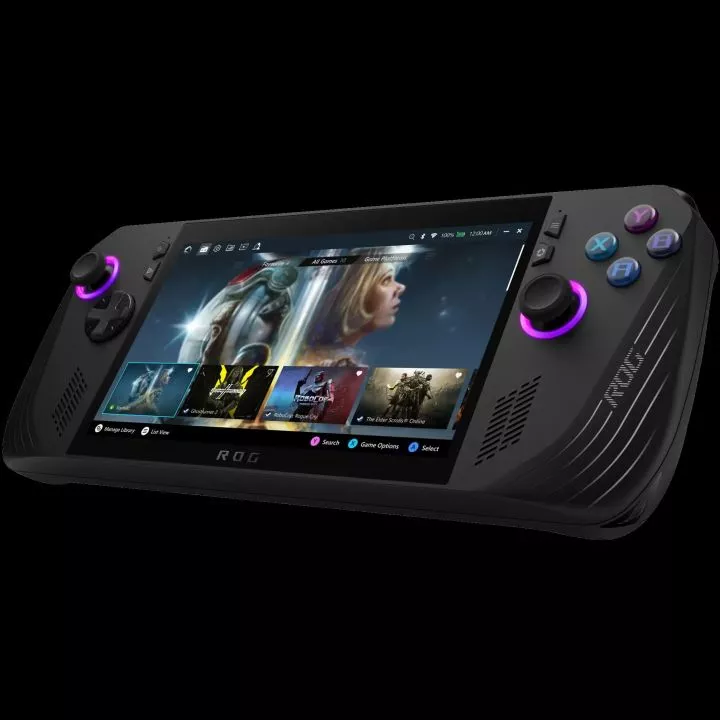
Personally, while I'm looking forward to the Switch 2, and Xbox and PlayStation handhelds, I'm thrilled to see what PC handheld manufacturers, aided by AMD and Intel (and possibly NVIDIA), will deliver in the coming years.

I just hope we won't get a deluge of eye-wateringly expensive high-end handhelds coupled with underpowered budget models. At least the Steam Deck 2 will likely be a sure win, whenever it arrives.
The current gaming market has something for everyone. All you have to do is list your preferences and budget, and you will find a gaming platform that more or less suits your needs.
The best thing is that the wars ended without anyone being wiped out. I just hope that price hikes-both for games and hardware-don't end up killing budget gaming, because everyone deserves to enjoy video games regardless of their financial situation.


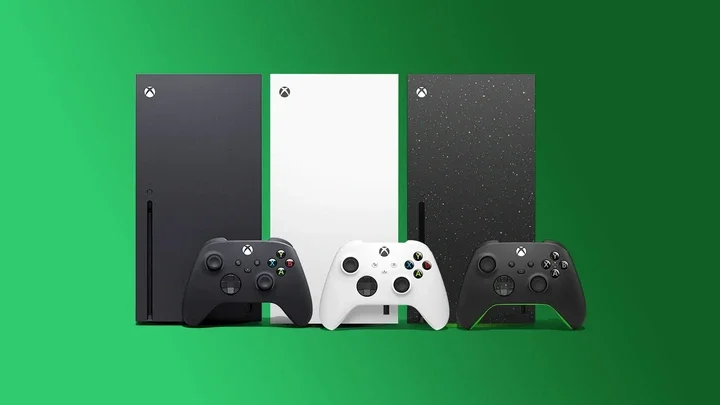
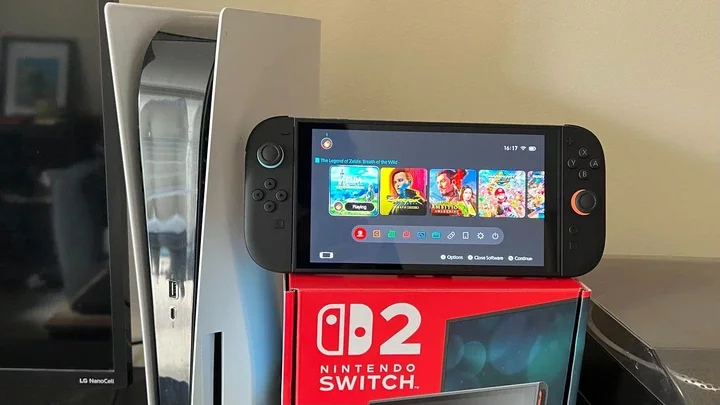
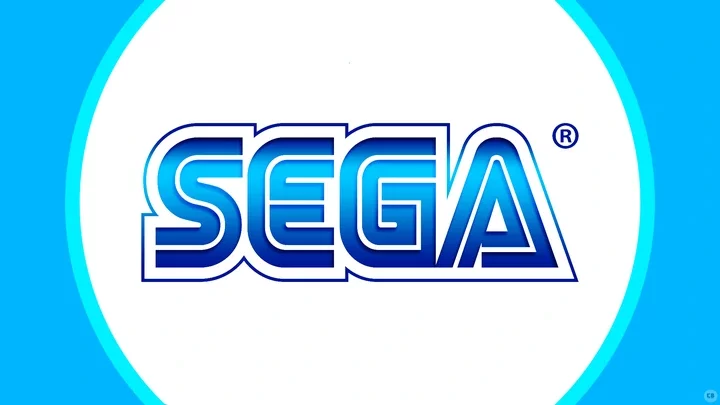
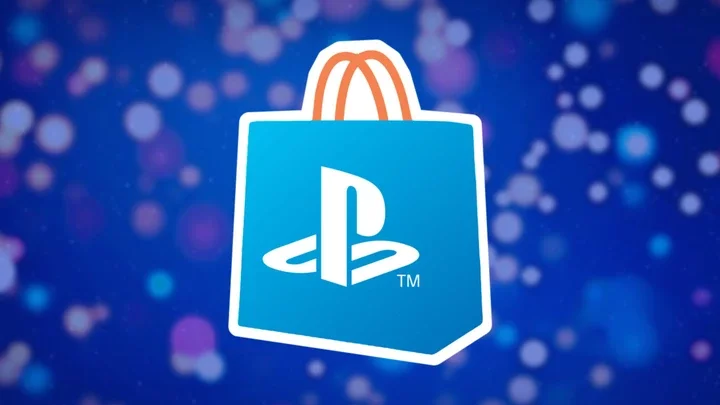
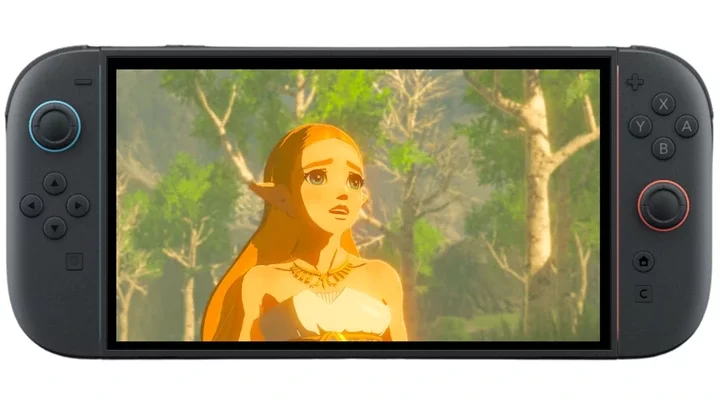









Comments